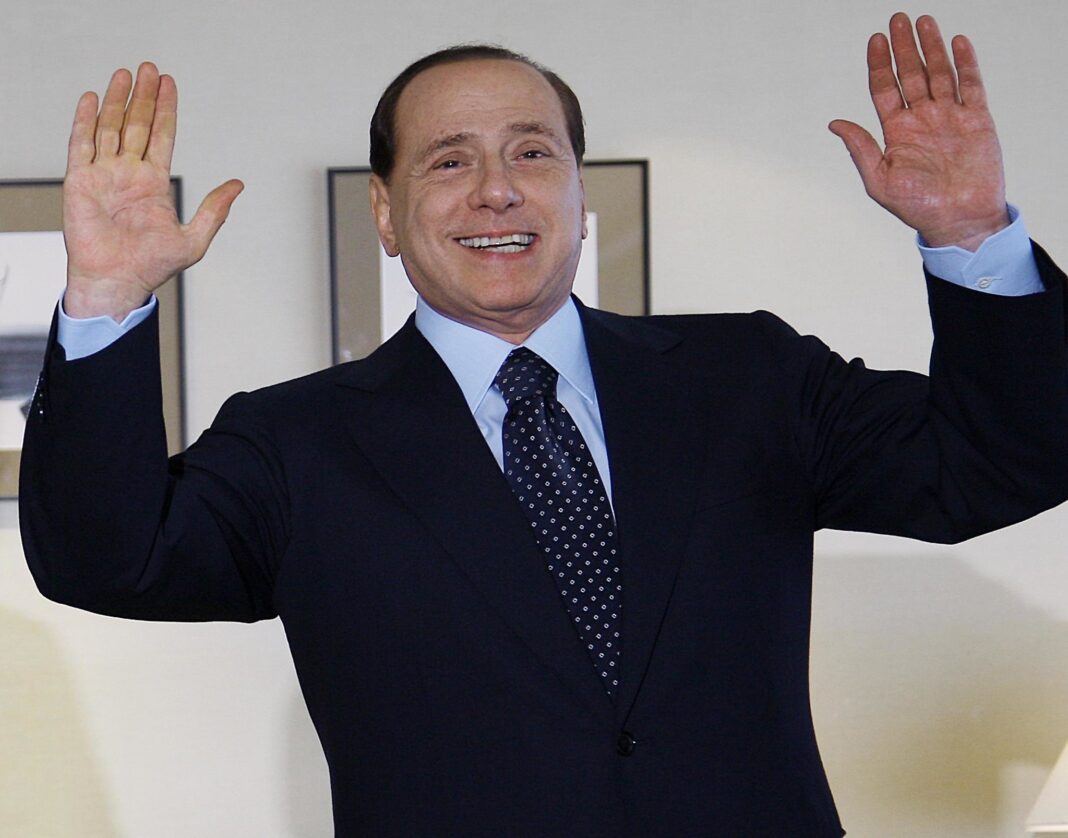Motsamai Mokotjo
“It is the duty of every citizen according to his best capacities to give validity to his convictions in political affairs,†Albert Einstein noted.
I was reminded of this quote this week after Italy’s (in)famous former Prime Minister Silvio Berlusconi passed away. Berlusconi was the epitome of rich individuals joining politics. The media tycoon catapulted to the highest position in the country’s executive.
Fast forward to the United States, Donald Trump followed suit after defeating ex-Secretary of State Hillary Clinton.
Closer to home, in South Africa, Cyril Ramaphosa assumed the presidency after what one would call frustrations with the status quo or career politicians. Then, boom! Basotho voted for Ntsokoane Matekane, a wealthy business executive. This was a sign that the electorate was tired of orators.
It is against such examples that the growing trend of billionaires entering the realm of politics has raised significant concerns and sparked heated debates among scholars, pundits, and citizens alike. In an era of staggering wealth inequality, the influence of money in politics, and the perceived erosion of democratic principles, the entry of billionaires into political arenas is viewed by many as a potential threat to the fundamental tenets of democracy. This opinion piece aims to critically analyze the implications of billionaires joining politics, exploring both the potential benefits and inherent risks they bring to the political landscape.
The increasing involvement of billionaires in politics can be seen as a natural extension of their influence in society. As individuals with vast resources and extensive networks, billionaires possess the financial means to self-fund their campaigns, thereby bypassing the often-corrupting influence of money in politics. This aspect can be seen as a positive development as it reduces reliance on special interest groups and allows candidates to remain more independent in decision-making processes.
Moreover, billionaires often bring valuable business acumen and entrepreneurial spirit to the table. Their expertise in managing complex organizations and creating wealth can potentially translate into effective governance and innovative policy solutions. By leveraging their experience, billionaires may be able to streamline bureaucratic processes, cut red tape, and drive economic growth, which could benefit society as a whole.
However, the Matekane administration continues to blunder the recruitment process despite the provisions of the Public Service Act of 2005.
Thus critics argue that the participation of billionaires in politics may serve to democratize the political landscape by challenging the entrenched political elites. Their entry can introduce fresh perspectives and alternative policy approaches that break free from traditional party lines, injecting much-needed competition and choice into electoral contests. By doing so, billionaires may broaden the spectrum of political discourse and encourage other candidates to raise their game, ultimately benefiting voters.
Billionaires’ campaigns often serve as platforms to address pressing social issues and promote philanthropic endeavours. Through their public engagements, they can raise awareness, mobilize resources, and direct public attention to neglected areas of society. Their philanthropic activities may serve as a powerful complement to government action, as they can fill gaps where traditional public funding falls short, fostering innovation and social progress.
While the arguments in favour of billionaires in politics may seem compelling, it is essential to acknowledge the potential threats they pose to democratic principles. One of the most significant concerns lies in the disproportionate influence of wealth in shaping political outcomes. Critics argue that billionaires’ campaigns, even if self-funded, can still create an unequal playing field where those with vast resources can outspend their opponents, drowning out dissenting voices and distorting the democratic process.
Furthermore, billionaires’ campaigns risk turning politics into a game for the ultra-wealthy, eroding the idea of representative governance. If elections become dominated by billionaires, the concerns and aspirations of the general population may be overshadowed by the interests and priorities of a select few. Such a scenario could undermine the legitimacy of the democratic system, fueling public disillusionment and eroding trust in political institutions.
Billionaires’ potential conflicts of interest also warrant scrutiny. Their vast fortunes are often tied to specific industries, leading to concerns about favouritism and regulatory capture. When they occupy political offices, they may be inclined to advance policies that favour their business interests or protect their wealth, potentially undermining the pursuit of the common good.
The entry of billionaires into politics is a complex and multifaceted phenomenon that merits careful consideration. While their involvement can introduce fresh perspectives, innovative approaches, and philanthropic accomplishments, it is crucial to balance the potential benefits with the inherent risks to democratic principles.
To preserve the integrity of the democratic process, safeguards must be put in place to mitigate the influence of wealth on political outcomes. Stricter campaign finance regulations, transparency measures, and public financing mechanisms can help level the playing field, ensuring that the voice of the people remains paramount.
There is a need for robust checks and balances to prevent conflicts of interest and the concentration of power. Ethical guidelines, robust anti-corruption measures, and mechanisms for accountability must be established to ensure that billionaires in politics act in the best interests of the broader society.
Ultimately, the key lies in striking the right balance, where billionaires’ engagement in politics is tempered by democratic principles and serves as a means to enhance the representation, diversity, and inclusiveness of our political institutions. Only by carefully navigating this delicate equilibrium can we ensure that the rise of billionaires in politics does not come at the expense of democratic ideals.




